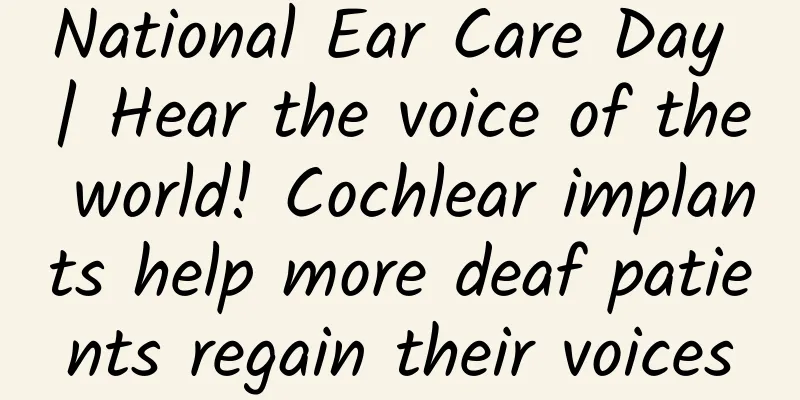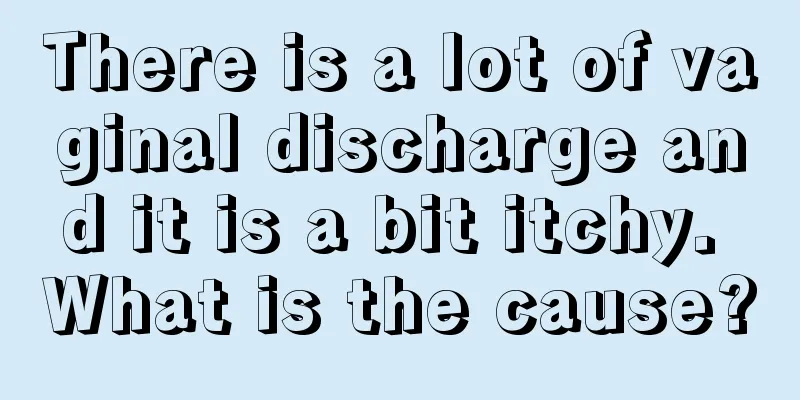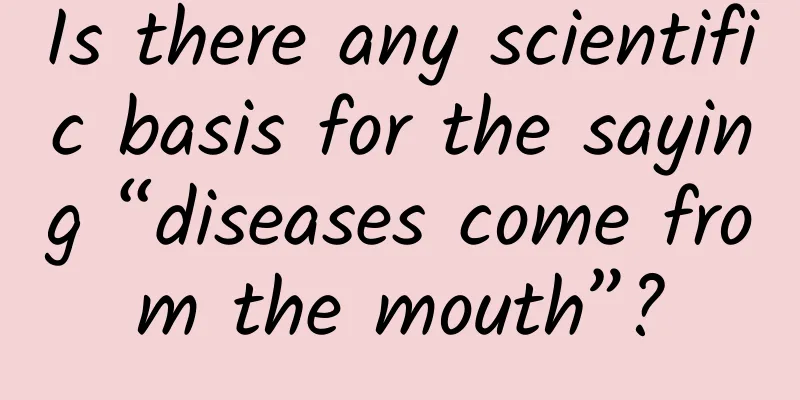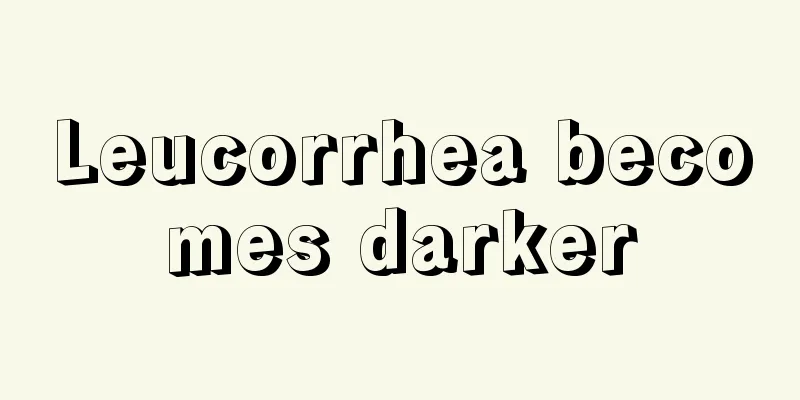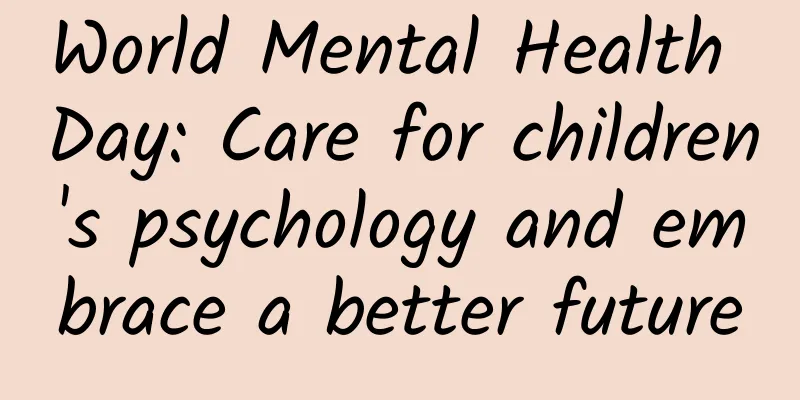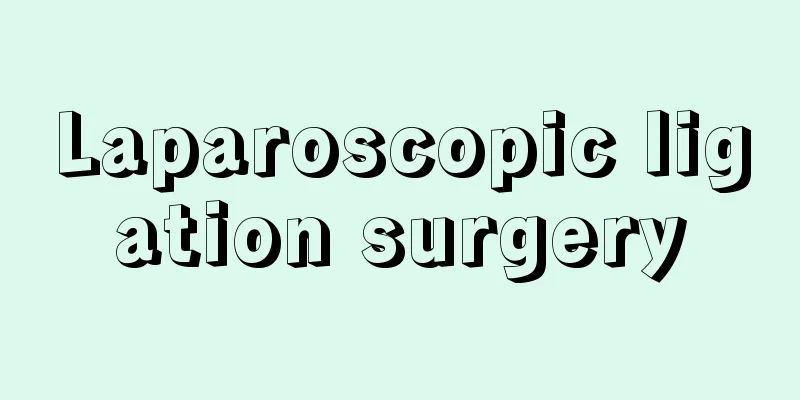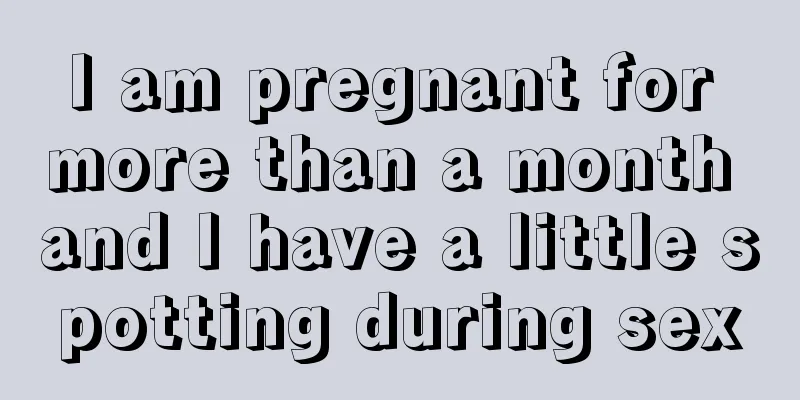Here it comes, alcohol and carbonated drinks will have health warnings!
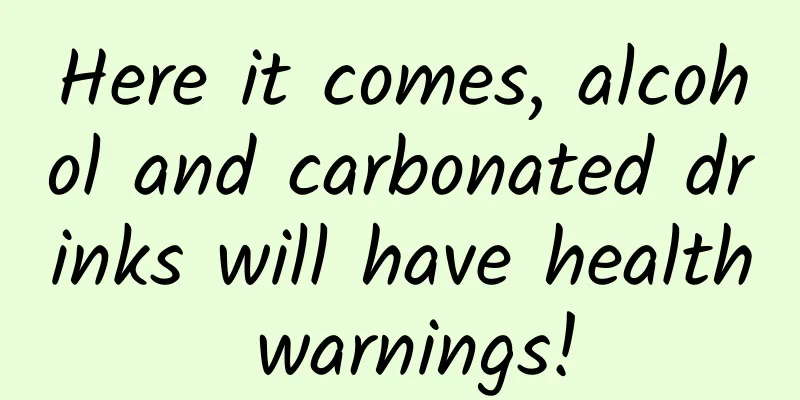
|
In European and American movies and TV shows, you often see this kind of scene: a young person goes to a convenience store to buy beer and is asked to show his ID card. You may encounter the same scene in Shenzhen in the future. Starting from January 1 this year, the Shenzhen Health Regulations officially came into effect, which clearly stipulates that alcoholic beverages shall not be sold to minors, and violators may be fined 30,000 yuan. Shenzhen has always been a representative city that dares to take the lead. The health regulations implemented this time are remarkable, and most citizens expressed their support when interviewed by the media. However, there are also some unscientific and unreasonable aspects, such as the regulations on carbonated beverages. Article 47 of the regulations: Sellers of alcoholic beverages and carbonated beverages shall place health hazard warning signs that meet the standards on the shelves or counters. The reason is simple. "Carbonated drinks" are obviously the wrong target. The people who make the policy may hate cola, but they confuse sugary drinks with carbonated drinks. What are the health hazards of soda water? What are the health hazards of fruity sparkling water? What are the health hazards of salty soda? Even cola has sugar-free. How can this be implemented with such an obvious logical error? There is also a sentence in the regulations that the Shenzhen Municipal Health and Health Department shall formulate the standards for relevant health damage warning signs. I thought the logical error was irreversible, but I didn't expect the Shenzhen Health Commission to bite the bullet and change it. The recently released "Shenzhen Alcoholic Beverage Carbonated Beverage Health Warning Label Production Standard and Setting Specification (Trial)" did not mention "carbonated beverages" at all, only using a soda bottle in the label to hint at it, and the main content returned to the nutritional concepts of "sugar-containing beverages" and "added sugar". I think this "irrelevant" is the wisest move that conforms to scientific reality. These tips are basically from the Chinese Dietary Guidelines and the World Health Organization's documents, but if we are a little picky, some parts of the labels released this time may need to be improved. For example, the statement "Do not use beverages to replace drinking water" is not rigorous enough, because bottled drinking water is also a beverage (there is no problem with the English); the English translation of "Children and adolescents should not drink or drink less sugary drinks" has grammatical errors; >5 grams/100mL is ambiguous, etc. Of course, health regulations have positive significance in limiting the consumption of sugary drinks, but the actual effect still needs to be observed and studied. I estimate that other cities will follow Shenzhen's example in the future. I just hope that policymakers can listen more to the opinions and suggestions of the professional community and not make any more jokes. The management of nutrition and health is completely different from the management of food safety. The government's baton is not that sensitive. Consumer education has a long way to go and behavioral intervention is a long and arduous journey. |
<<: What are the benefits of eating kelp? What kind of kelp is good to choose?
Recommend
Can women eat donkey-hide gelatin during menstruation?
Menstruation is a topic that women can never esca...
Can a mother use a hair dryer to dry her hair during the confinement period?
The confinement period for postpartum women has a...
Can I eat purslane when I am pregnant?
Pregnancy is the happiest and most special stage ...
What are the tips for losing weight during breastfeeding?
Losing weight is very common nowadays, and there ...
What are the dangers of sterilization surgery for women?
Although most people choose male condoms to achie...
Treatment of chronic cervical inflammation
Do you have a certain understanding of women'...
Is it better to use sanitary napkins or tampons?
Both tampons and sanitary napkins have their adva...
What are the solutions for vaginal itching at night?
Nowadays, women are very prone to genital itching...
What are the pros and cons of medical abortion?
Due to the openness of sexual concepts, more and ...
Ureaplasma urealyticum infection during pregnancy
There are many types of examinations, and differe...
Hysterectomy 30 years ago
As female friends get older, many of them will de...
Is the menstrual period in the luteal phase or the follicular phase?
Women's bodies also have many different stage...
Understanding Breast Cancer Metastasis
This is the 4364th article of Da Yi Xiao Hu In 20...
What should I do if I have polyps at the vaginal opening?
We know that most polyps are caused by inflammati...
From leaves to skin, the whole body is full of treasures. Eat this fruit quickly! But these types of people should not be greedy!
Ripe pomegranate Each one is as plump as a ruby T...
